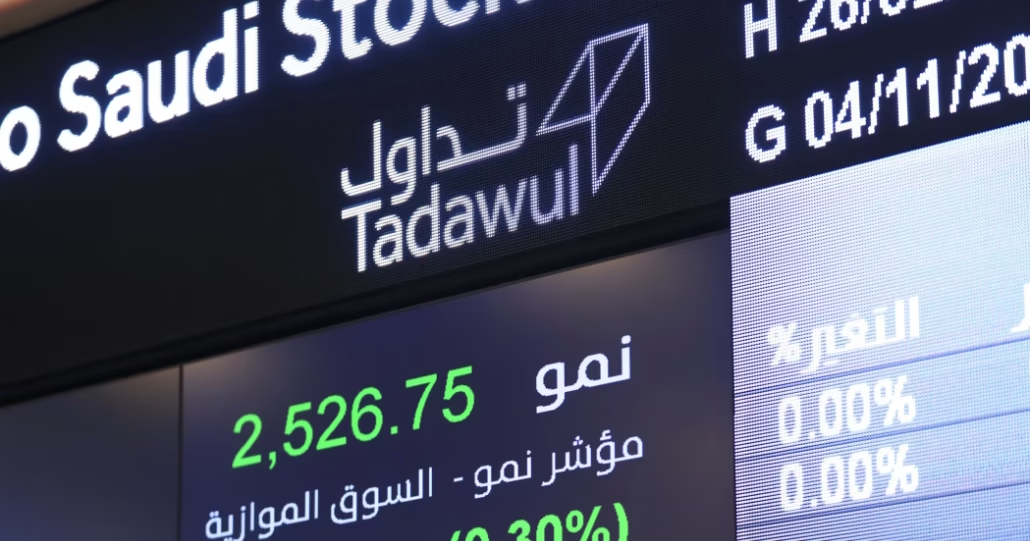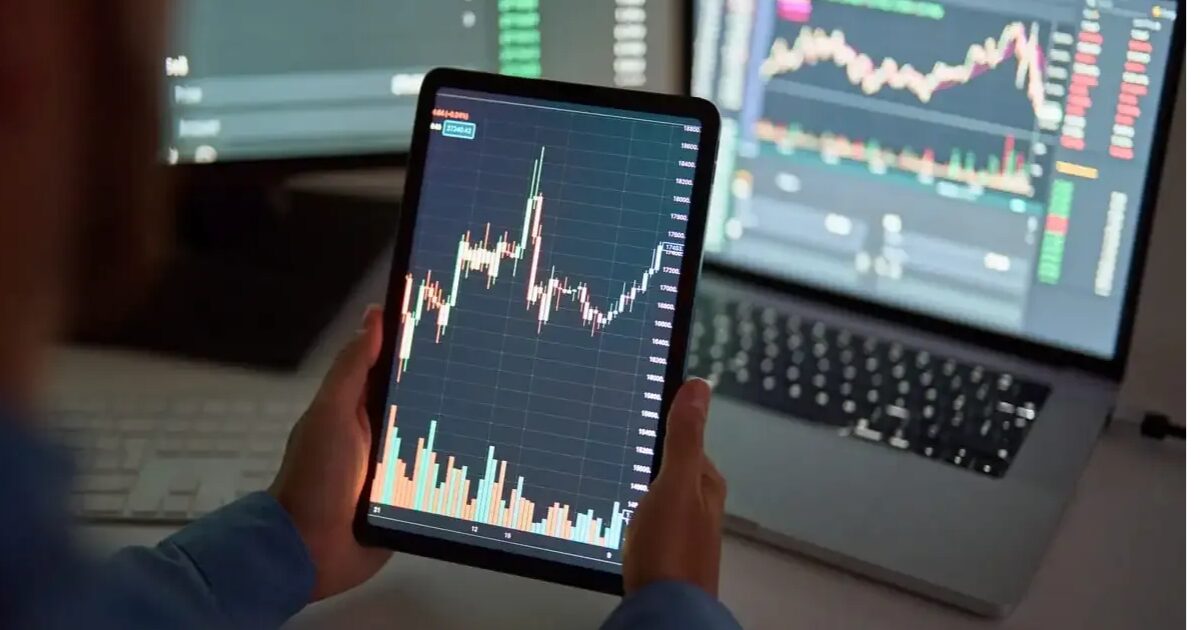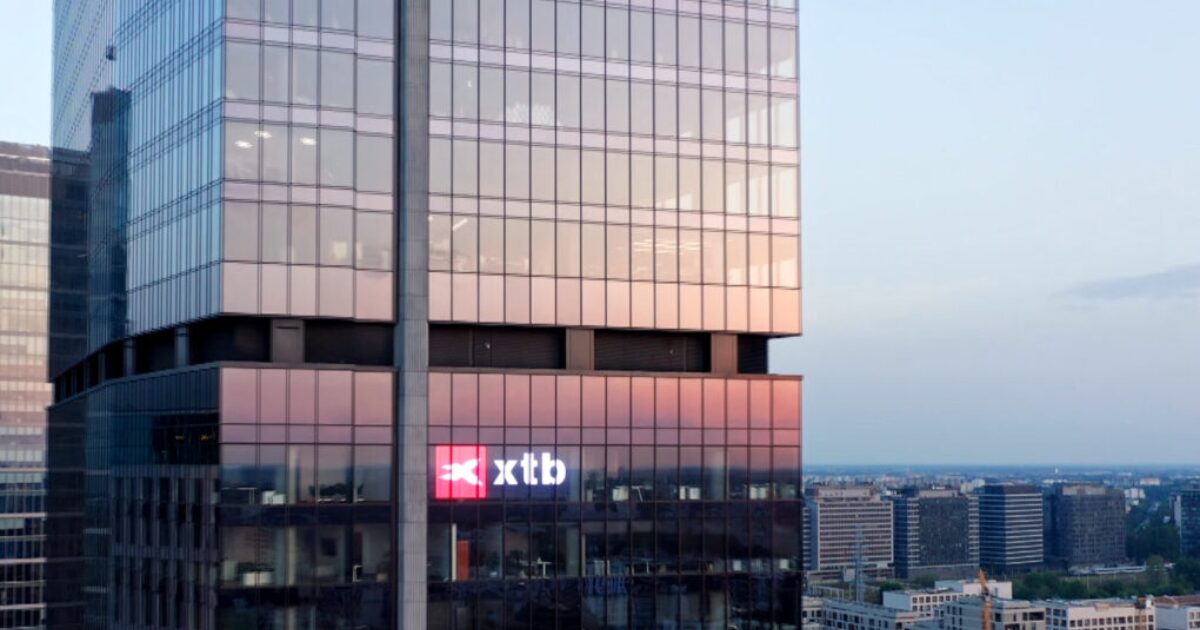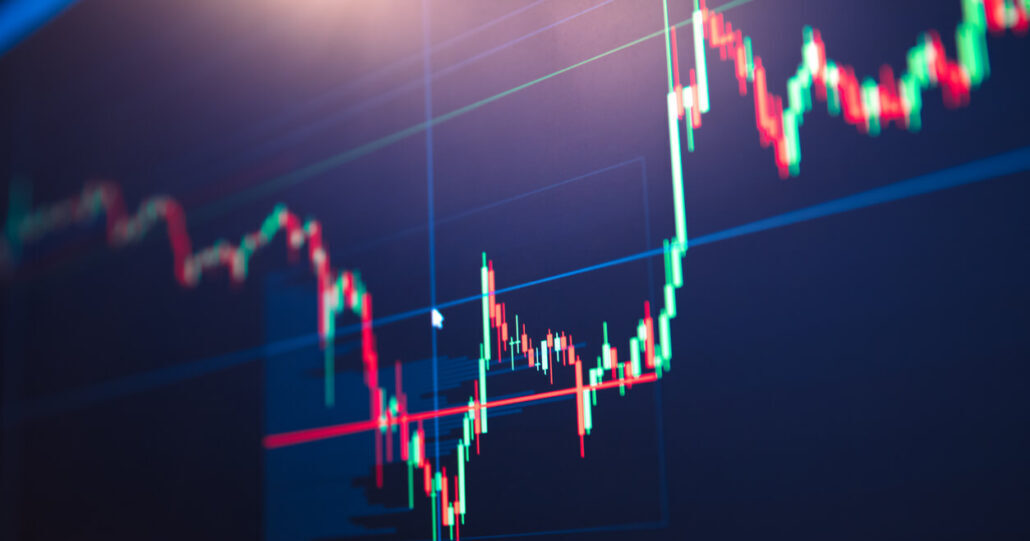Can Expats do Trading in Saudi Arabia?
 Sam Reid Staff Writer
Sam Reid Staff Writer
A Landmark Opening for Expats and GCC Investors
Saudi Arabia has long been home to the largest stock exchange in the Gulf. For decades, however, direct access to the Tadawul was tightly controlled. Foreign investors had to rely on indirect channels, swap agreements, or investment funds, which limited autonomy and transparency.
That changed in 2025 when the Capital Market Authority (CMA) enacted sweeping reforms. These reforms aligned with Vision 2030 and allowed GCC nationals, expatriates with Saudi residency, and even former residents to trade directly in Saudi listed equities. The move is historic because it provides expats with a legitimate and straightforward pathway into online trading in Saudi Arabia.
According to CMA data, foreign ownership of Saudi equities surpassed SAR 500 billion in the first quarter of 2025, underscoring how quickly these changes have taken root. Expats are no longer on the sidelines. They are now part of the growth story of Tadawul, which commands more than 40 percent of the GCC’s total market capitalization.
Why Saudi Arabia Changed the Rules
The motivation behind these reforms lies in Vision 2030. Crown Prince Mohammed bin Salman’s plan aims to diversify the economy beyond oil, attract foreign capital, and establish Saudi Arabia as a global financial hub. Opening the stock market to expatriates and regional investors supports this agenda in three key ways:
- Market Liquidity: More participants create deeper trading activity, narrowing spreads and improving efficiency.
- Transparency: Broader investor participation brings international standards and stronger governance.
- Capital Attraction: Regional and foreign inflows strengthen Tadawul’s standing against markets in Abu Dhabi, Dubai, and Qatar.
This is a strategic shift designed to put Saudi Arabia at the center of regional financial activity.
Who Can Now Invest?
The CMA clarified exactly who qualifies under the new framework:
- GCC citizens, regardless of whether they live in Saudi Arabia.
- Expatriates with Saudi residency (Iqama) who are already in the Kingdom.
- Former Saudi residents with verified brokerage accounts, even if they no longer hold active residency.
This wide eligibility makes Saudi Arabia unique in the Gulf. Most regional markets allow access through limited funds or local partnerships, but Tadawul now offers direct participation on the same terms as nationals.
Step-by-Step Guide for Expats
For expatriates interested in joining the market, the process is accessible but requires careful preparation. Here is a structured guide:
1. Check Eligibility
Ensure you are a GCC national, an expatriate with valid Saudi residency, or a former resident with prior account access.
2. Choose a Licensed Broker
Select a CMA authorised broker. These include both international platforms working in partnership with local institutions and purely domestic options. For example, Interactive Brokers provides access to Tadawul through SNB Capital, which is CMA licensed and acts as their local partner. Expats can also use local brokerages such as Derayah Financial or bank investment arms like SNB AlAhli and Al Rajhi Capital.
3. Submit Documentation
You will need to provide:
- Passport or national ID
- Residency permit or GCC documentation
- Know Your Customer (KYC) and compliance forms
4. Open Your Trading Account
Once approved, your broker will issue credentials for Tadawul access. Account approval typically takes a few business days.
5. Begin Trading
You can trade listed equities during TASI trading hours (Sunday to Thursday, 10:00 to 15:20 KSA time). For active traders, knowing these hours is essential, especially if you are based in the UAE or elsewhere in the Gulf.
Online Trading in Saudi Arabia: Platforms and Apps
The expansion of market access has made online trading in Saudi Arabia more dynamic than ever. Expats can choose from a mix of local and global platforms:
- Derayah Financial – A popular local brokerage for expats with user friendly apps.
- Sahm App – Provides access to both Saudi and US markets.
- Interactive Brokers (through SNB Capital) – International reach combined with CMA licensed access.
- Bank Apps – SNB (Al Ahli), Al Rajhi, and Riyad Bank offer integrated platforms for trading directly through banking apps.
- Exness, XTB, XM, and Avatrade – International brokers with competitive offerings for forex and CFDs, often used by Gulf traders who want diversified portfolios alongside Tadawul stocks.
Choosing the best trading platforms in KSA depends on your trading style. Bank linked platforms are simple and secure, while global brokers working with local partners offer advanced analytics and cross market exposure.
| Broker / Platform | Type | Market Access | Best For |
|---|---|---|---|
| Derayah Financial | Local Broker | Saudi Tadawul + GCC | Expats looking for local support |
| Sahm App | Hybrid App | Saudi + US markets | Investors wanting dual exposure |
| Interactive Brokers (via SNB Capital) | Global Broker with CMA Partner | Saudi + Global markets | Active traders and professionals |
| SNB, Al Rajhi, Riyad Bank Apps | Bank Investment Arms | Saudi Tadawul | Simple, secure access via banks |
| Exness, XTB, XM, Avatrade | International Brokers | Forex, CFDs, plus global markets | Diversified portfolios and forex traders |
Practical Example: UAE Based Expat
Consider an expatriate living in Dubai with prior residency in Riyadh. Under old rules, their access would have ended once they left Saudi Arabia. Under new rules, they can continue investing in Tadawul equities, provided their account remains verified. This flexibility appeals to many professionals who move across GCC borders for work but still want exposure to the Saudi market.
The Role of CMA in Safeguarding Investors
The CMA did not simply open the market. It also strengthened regulatory oversight. The reforms included:
- Simplified account opening processes
- Stronger compliance frameworks
- Transparent trading mechanisms
These measures are intended to protect both local and foreign investors. For expats, this is crucial. Regulatory confidence reduces the perception of risk and ensures their trading rights are respected.
Investor Visa: A Pathway Beyond Trading
One of the unique features of Saudi reforms is the linkage between capital investment and residency. The Investor Visa and the Premium Residency Programme offer expats opportunities that go beyond financial returns.
- Investor Visa: Enables business or property ownership, long term renewals, and independence from traditional sponsorship models.
- Premium Residency: Known as the Saudi Green Card, it allows foreigners to live, work, and invest without requiring a kafeel (sponsor).
For investors serious about long term presence in Saudi Arabia, this integration between financial access and residency is a game changer.
Comparing Saudi Market with GCC Neighbors
Saudi Arabia dominates GCC capital markets. In the first half of 2025, trading volumes reached 183.5 billion US dollars, dwarfing Abu Dhabi at 48.9 billion, Kuwait at 41.1 billion, Dubai at 22.8 billion, and Qatar at 14.6 billion. This scale matters for expats choosing where to invest.
By comparison, UAE exchanges are attractive for international listings and technology IPOs, but Tadawul remains the region’s heavyweight. For expats aiming at liquidity and depth, Saudi Arabia stands out.
Challenges for Expat Traders
Despite progress, expats should be aware of challenges:
- Market Volatility: Oil prices and regional politics can cause sharp swings.
- Document Requirements: Brokers demand strict compliance, and approval delays can occur.
- Taxation: While Saudi Arabia does not tax personal investment gains currently, investors should monitor policy changes as the economy diversifies.
- Language Barriers: Some local apps and documentation may still be Arabic first, creating additional steps for non Arabic speakers.
Understanding these factors helps investors manage expectations and risks.
Use Cases for GCC and Expat Investors
Portfolio Diversification
Expats in the UAE often use Tadawul to balance their holdings with exposure to financial and energy stocks unique to Saudi Arabia.
Real Estate Synergy
With foreigners soon able to buy property in Riyadh and Jeddah, investors can link stock market exposure with physical assets.
Residency and Business Setup
An investor who establishes a business in Saudi Arabia and secures a visa gains not only trading access but also operational presence in the Kingdom.
These practical examples show how trading connects with long term regional opportunities.
The Future of Expat Trading in Saudi Arabia
The reforms of 2025 mark only the beginning. As Saudi Arabia pursues its Vision 2030 agenda, further liberalization is likely. This could include:
- Greater access for non GCC foreigners
- Expansion of derivatives and exchange traded funds
- Integration of Tadawul with global clearing systems
For expatriates, this means opportunities will continue to expand. Staying informed and adaptable will be essential for capturing long term value.
FAQs
Can expats invest in the Saudi stock market?
Yes. Expats with Saudi residency, GCC citizens, and even former residents can now invest directly in Tadawul equities.
Is trading allowed in Saudi Arabia?
Yes. Trading is regulated by the Capital Market Authority and is open to both nationals and qualifying expatriates through authorised brokers and banks.
Can GCC expats invest directly in Saudi main market?
Yes. As of 2025, GCC expats can directly trade listed equities on Tadawul without relying on swap agreements.
What are the new rules for expats in Saudi Arabia?
The new rules allow GCC citizens, expatriates with Saudi residency, and former residents to own shares directly. Account opening has been simplified, and investor visas link capital inflows with residency options.
Conclusion
Saudi Arabia has redefined its financial landscape. Expats are now part of a market that was once closed to them, gaining direct access to the region’s largest and most liquid exchange. By combining regulatory reforms, investor visa opportunities, and integration with Vision 2030, the Kingdom is positioning itself as the Gulf’s financial hub.
For expatriates, online trading in Saudi Arabia is no longer a question of possibility. It is a matter of choosing the right platform, preparing the correct documentation, and adopting a long term strategy to benefit from the Tadawul’s growth story.
Disclaimer: Remember that forex and CFD trading involves high risk. Always do your own research and never invest what you cannot afford to lose.
 14th Sep 2025
14th Sep 2025









